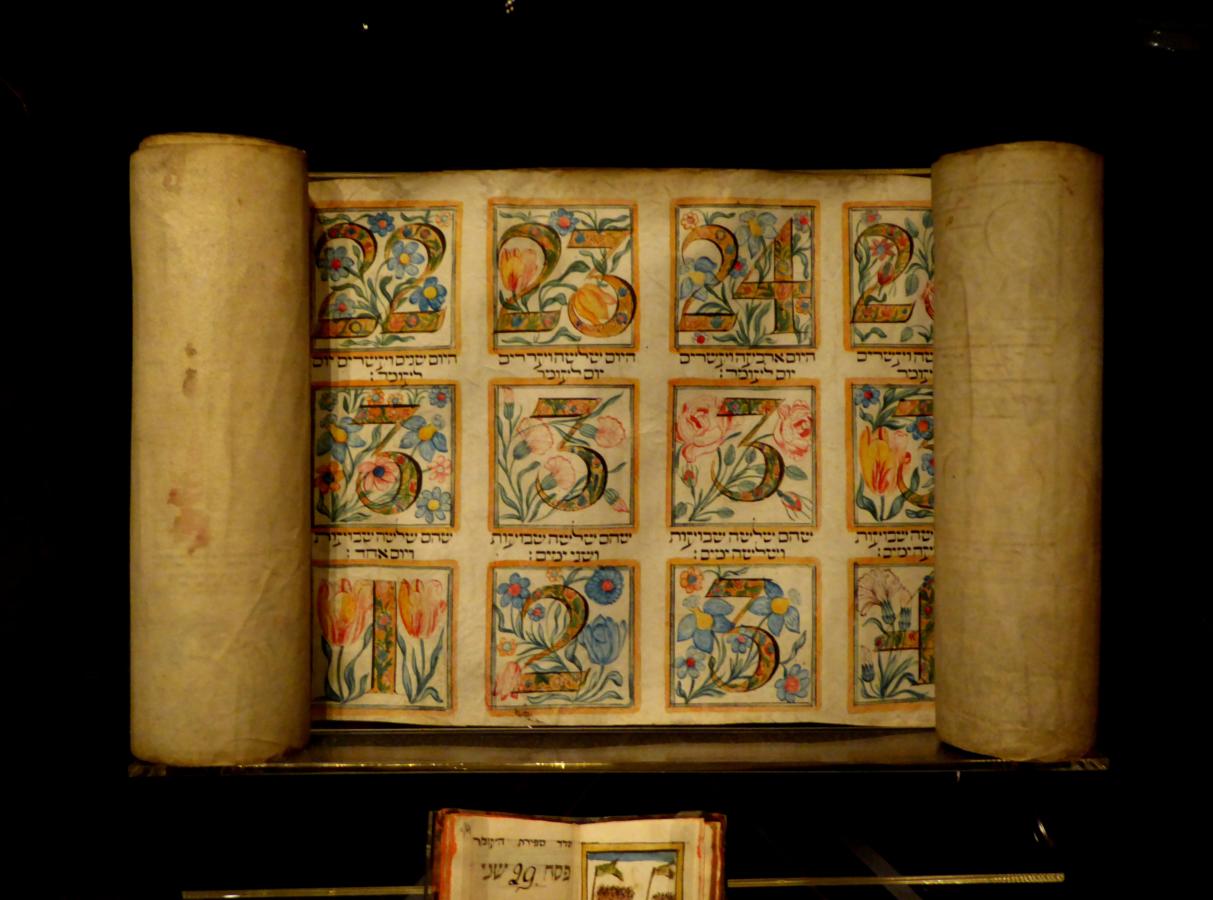The Jewish holiday of Shavuot is often confused with a Christian holiday that happens around the same time of year. But Shavuot is not the Jewish Pentecost.
Shavuot, which comes from the Hebrew meaning “weeks,” celebrates the early barley harvest and the giving of the Torah on Mount Sinai. Other Jewish names for Shavuot include “Feast of the Harvest” and “Atzeret.”
“Pentecost,” which comes from the Greek meaning “fifty,” commemorates the descent of the Holy Spirit on the Apostles and the birth of the early church.
Both Shavuot and Pentecost are celebrated after a count of seven weeks—which is why one means “weeks” and the other means “fifty” (7×7=49). Shavuot is celebrated seven weeks after Passover, and Pentecost is celebrated seven weeks after Easter. This is not a coincidence. The Greek term “Pentecost” is used by some authors of the Septuagint (an ancient Greek translation of the Hebrew Bible) and by the author of Acts to refer to the Jewish celebration of Shavuot. Just as Easter (in Greek “pascha”) is a holiday derived of an adaptation of the Jewish Passover, so too Pentecost is a holiday that is derived from an adaptation of Shavuot. But for more than a thousand years, they have been very different holidays for their respective communities, with different meanings and rituals.

Help us keep Jewish knowledge accessible to millions of people around the world.
Your donation to My Jewish Learning fuels endless journeys of Jewish discovery. With your help, My Jewish Learning can continue to provide nonstop opportunities for learning, connection and growth.
Similarly, the holiday of Sukkot is often called “Feast of Tabernacles” in Christian circles. The most iconic ritual of Sukkot is the construction of temporary shelters (in Hebrew, sukkot). The word “tabernacle” also refers to a temporary structure. In Jewish circles, it is the word used to translated miskan, the temporary sanctuary that the Israelites transported through the wilderness. But in the case of the Feast of Tabernacles, it refers to the temporary dwellings the Israelites occupied in the wilderess.



